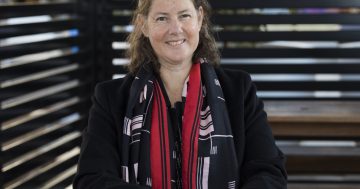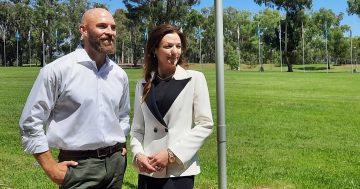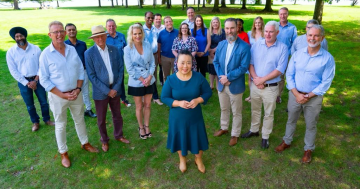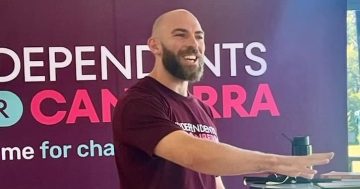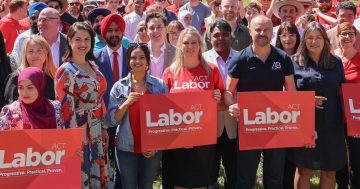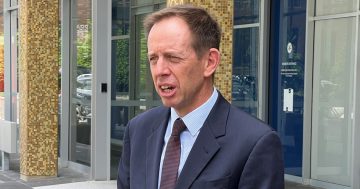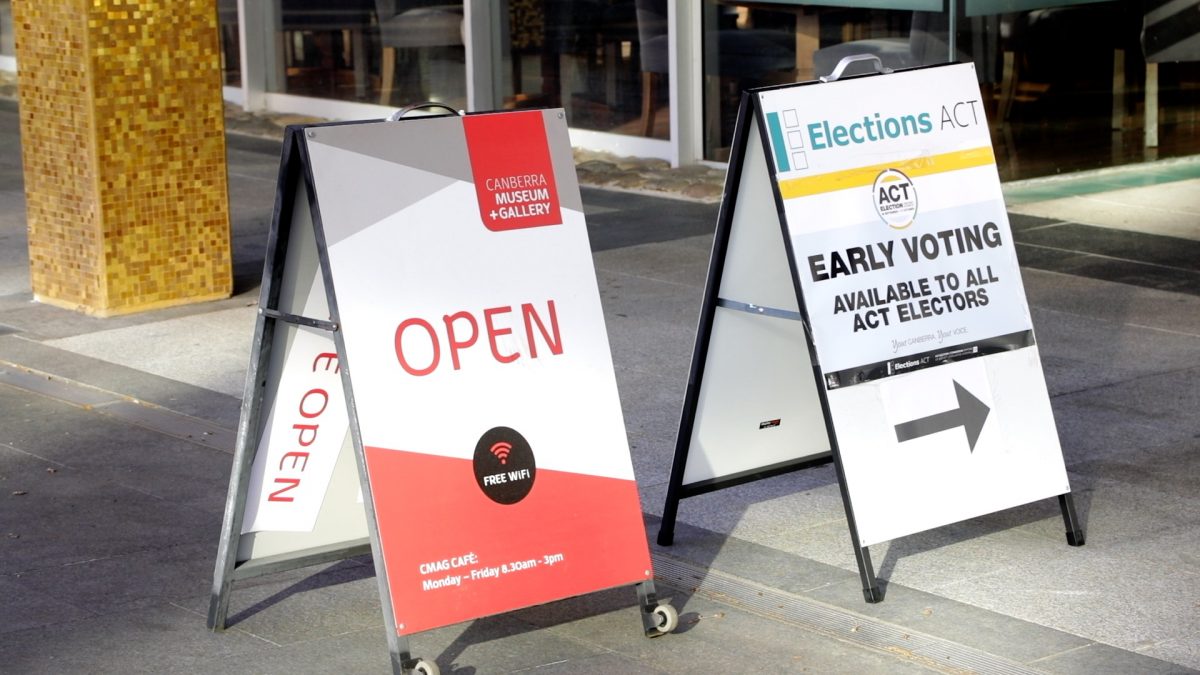
Credible independent candidates could make a real impact at this year’s ACT election. Photo: Region.
Now it’s getting interesting. The entry of two independent candidates with impressive CVs into the ACT election fray should get the parties, and voters, thinking.
Former small business advocate Peter Strong, and public servant, medical scientist and diplomat Ann Bray are walking the talk about a government being in power too long and an out-of-touch Liberal Party that has contributed to more than two decades of Labor rule.
The Hare-Clark system makes it a challenge for independents, but since the 2020 election, there has been a federal election notable for the rise of non-party candidates, like now Senator David Pocock, but particularly the Teals, essentially disaffected Liberals frustrated at the party’s right-wing policies.
That persistent right-wing dominance in the progressive ACT has kept the Canberra Liberals out of power as the electorate shifted further left.
Liberals leader Elizabeth Lee has moved to counter that perception, dragging the party to the centre, but it remains to be seen what the calibre of her candidates will be.
Still, her best hope of forming government might be to attract the support of any independent that might make it into the Assembly.
Not that Strong or Bray are getting ahead of themselves and saying who they might support.
But the implication is that they want to be agents of change.
Of course, they could just eat into Liberal votes, but the fact that both say the government has been there too long should ring alarm bells for Labor and the Greens.
Labor will need to argue much more strongly why it deserves to stay in power, while the Greens could see their record representation whittled away by an electorate looking for credible non-party alternatives.
For a town dripping with the brightest and best, local politics has failed to attract much talent. Many, of course, are already working for government and a political career on what many perceive to be a local council does not appeal.
Yet Canberrans pay their taxes and rates, and if self-government is to mean anything, they deserve politicians who can deliver the types of policies and services they expect.
Both Strong and Bray talk about reinvigorating the Assembly, lifting the standard of policy debate and having a strong crossbench to keep the government accountable.
No doubt Labor will warn against unstable government and the paralysis it can bring, arguing the ACT needs strong majority rule to get the big things done that are essential to its future.
But it is a welcome sign that the election field now has a couple of candidates with proven achievements who want to give something back.
That could inspire others to also put their names on the ballot paper.
That prospect, along with a Liberal Party willing to lean more to the electorate and a 23-year-old government, makes this election less predictable.
At the very least, it will keep the parties on their toes and inject some energy into the contest.
And that is good for democracy and government in the ACT.















